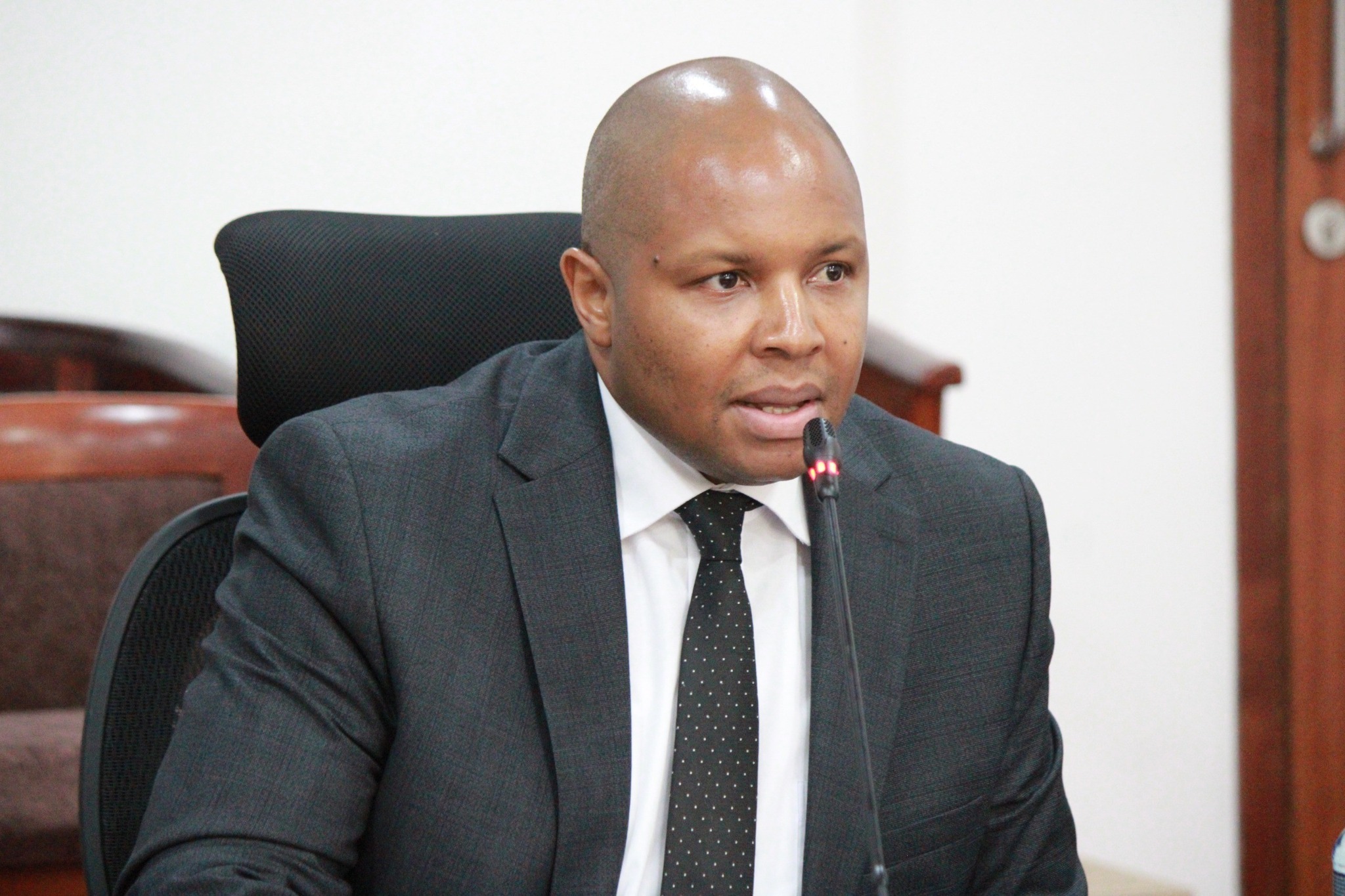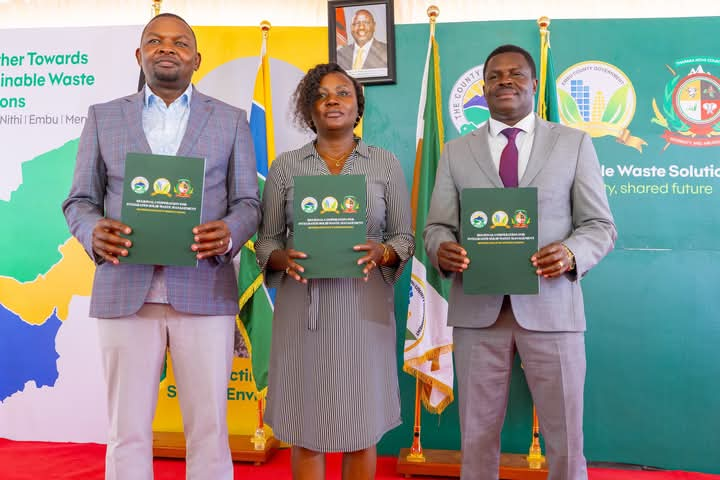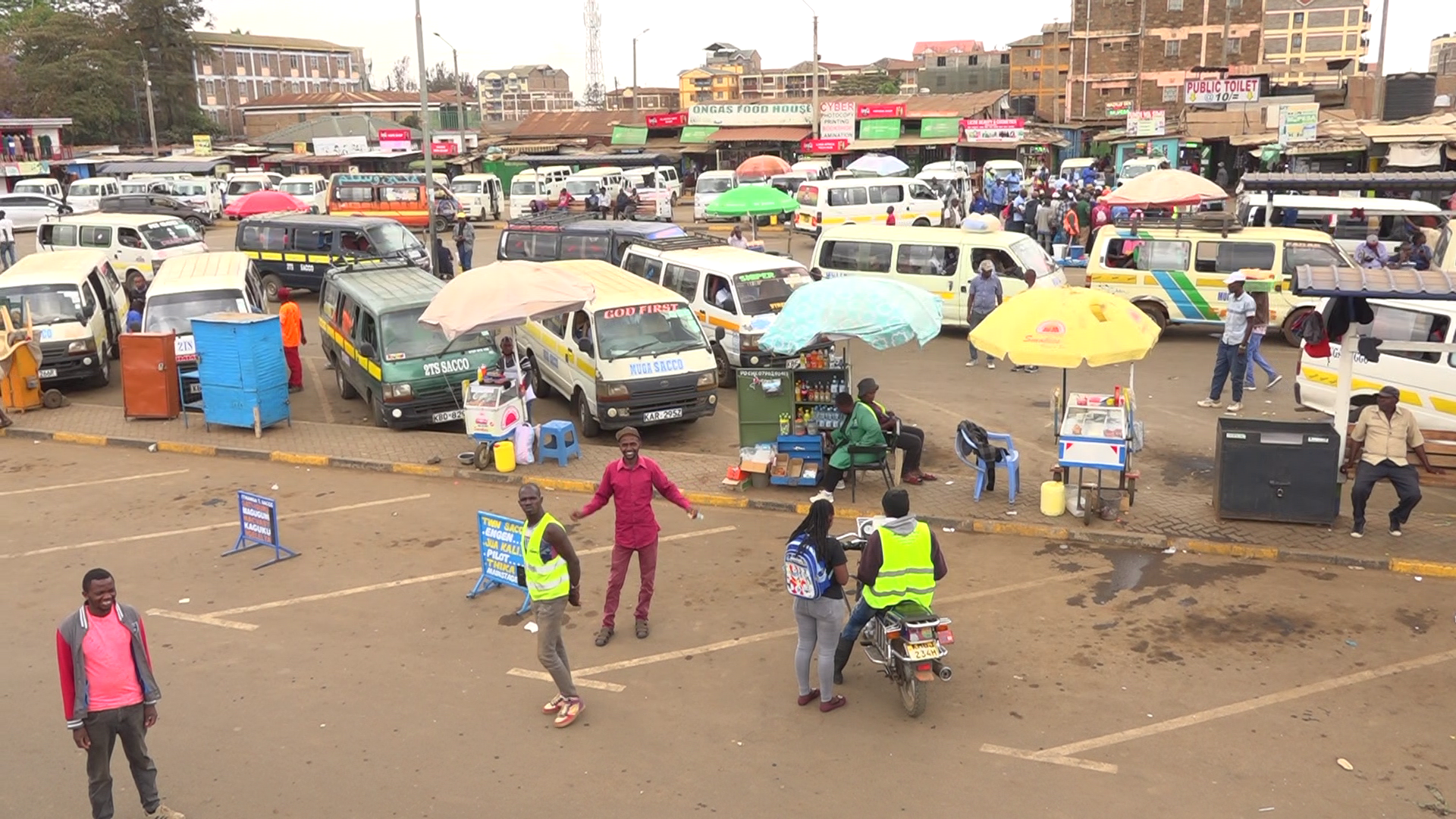The Sacco Societies Regulatory Authority (SASRA) welcomed a high-level delegation from Nigeria recently, in a landmark event that underscored the growing collaboration between two of Africa’s economic powerhouses in the cooperative sector.
Led by Senator Dr. Aliyu Sabi Abdullahi, CON, and Nigeria’s Minister of State for the Federal Ministry of Agriculture and Food Security, the delegation engaged in a robust knowledge-exchange session as part of the 14th Africa Ministerial Cooperative Conference (AMCCO).
The meeting, held at SASRA’s Nairobi headquarters, spotlighted strategies to enhance the regulation, governance, and sustainability of Savings and Credit Cooperative Societies (Saccos), which are pivotal to financial inclusion in both nations.
The Nigerian delegation, representing governmental and regulatory perspectives on cooperatives, particularly in agriculture and micro, small, and medium enterprises (MSMEs), sought to benchmark Kenya’s advanced Sacco ecosystem.
Kenya’s Sacco sector, managing over Ksh 1.2 trillion (approximately $9.3 billion) in assets and serving millions of members, is a continental leader in cooperative finance.
SASRA, tasked with regulating Kenya’s deposit-taking Saccos, showcased innovative frameworks that have bolstered the sector’s resilience and growth. The discussions, described as “mutually enriching” by SASRA’s CEO David Sandagi, focused on actionable strategies to transform cooperatives across Africa.
ALSO READ:
SACCOs face liquidity constrain as employers withhold over Ksh 3B in non-remittances
A key highlight was Kenya’s SACCO Central, a shared services model that streamlines back-office operations such as IT, procurement, and compliance.
This platform reduces costs and enhances efficiency, enabling smaller Saccos to compete with larger financial institutions.
The Nigerian delegation expressed keen interest in replicating this model, given Nigeria’s vibrant cooperative sector, which supports millions of farmers and small business owners.
Similarly, Kenya’s Joint Financial Sector Regulatory Framework (JFSR), which fosters collaboration among financial regulators, was lauded as a blueprint for balancing innovation and stability. Ongoing legal reforms in Kenya, aimed at strengthening Sacco governance, transparency, and member protection, also drew attention as potential templates for Nigeria’s cooperative policies.
In return, Nigeria shared insights into its National Credit Registry, a real-time borrower data system that minimizes non-performing loans and bad debts. This tool, widely used in Nigeria’s financial sector, could address Kenya’s challenges with loan defaults in Saccos, which reported a non-performing loan ratio of 5.1% in 2024, per SASRA’s annual report.
The exchange underscored a shared commitment to leveraging technology and data-driven solutions to enhance cooperative resilience.
Both parties emphasized the importance of economies of scale, robust governance, and digital innovation in transforming Africa’s cooperative landscape.
ALSO READ:
Kenya set to launch first global online coffee auction in major sector reform
SASRA’s CEO reiterated that Saccos must prioritize member interests over leadership agendas, aligning with the cooperative principle of democratic control.
The discussions also highlighted the role of digital platforms in improving member services, mitigating risks, and scaling operations.
For instance, Kenya’s adoption of mobile banking in Saccos has boosted financial access in rural areas, a model Nigeria aims to emulate for its agricultural cooperatives.
The event reflects SASRA’s growing role as a regional hub for cooperative expertise. Earlier in 2025, SASRA hosted Tanzanian cooperators for similar benchmarking, signaling Kenya’s ambition to lead Africa’s cooperative movement.
The Nigerian visit, facilitated by AMCCO, aligns with broader African Union frameworks to harmonize cooperative policies and foster economic integration. While no formal agreements were announced, both sides committed to ongoing collaborations, potentially including joint digital tools or regulatory frameworks.
This engagement strengthens Kenya-Nigeria ties in the cooperative sector, with implications for financial inclusion and economic growth.
As Saccos continue to bridge gaps left by traditional banks, such cross-border exchanges could reshape Africa’s financial landscape.
The meeting sets a precedent for future partnerships, positioning cooperatives as engines of sustainable development across the continent.
By David Kipkorir
Get more stories from our website: Sacco Review.
For comments and clarifications, write to: Saccoreview@
Kindly follow us via our social media pages on Facebook: Sacco Review Newspaper for timely updates
Stay ahead of the pack! Grab the latest Sacco Review newspaper!



